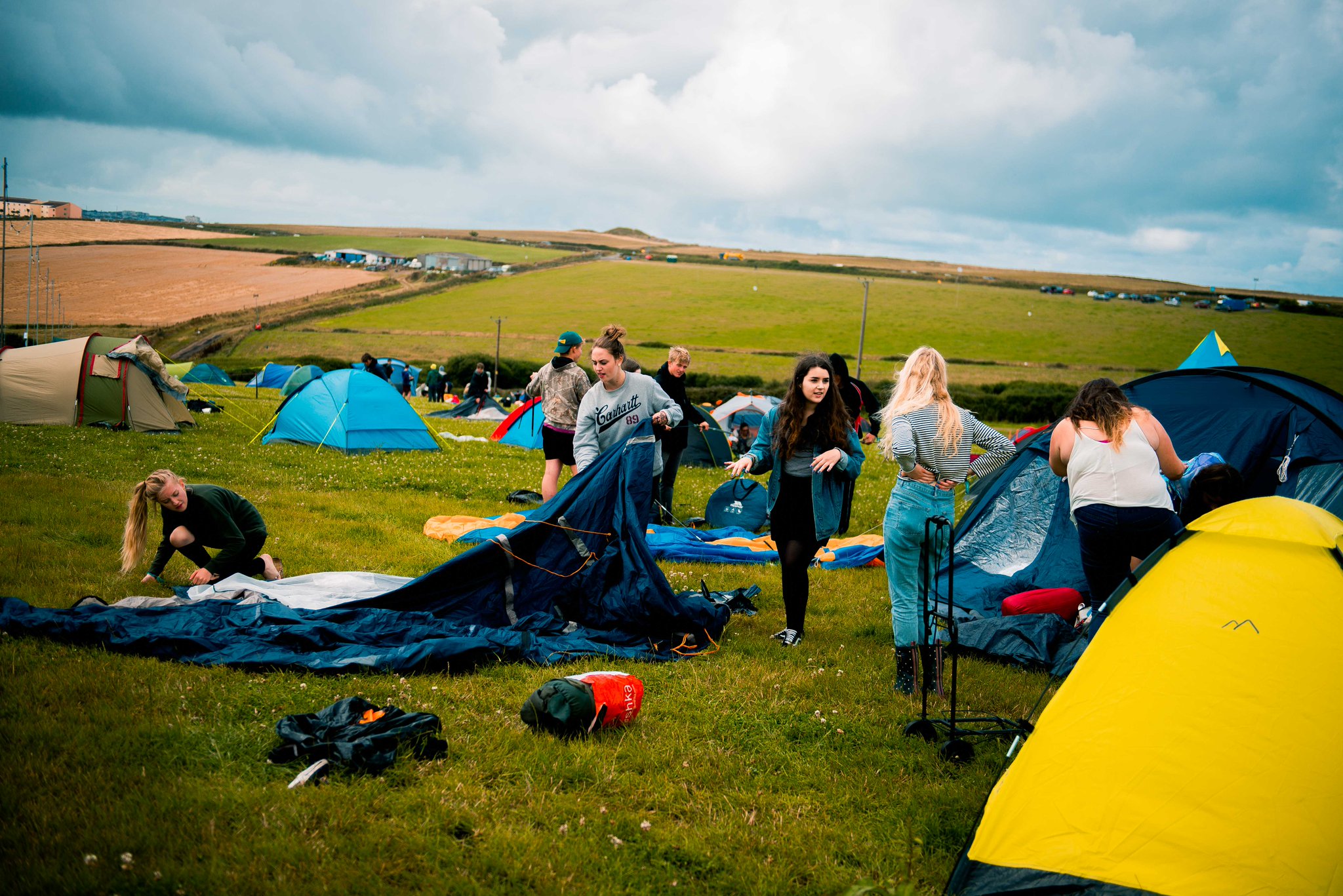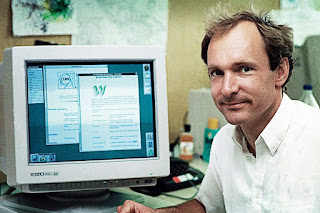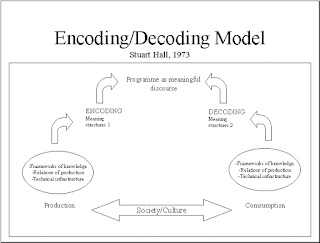My Most Exciting Digital Adventure
For this session we discussed what it means to be 'digital'. Raymond Williams notes in Keywords: A Vocabulary of Culture and Society: …’digitality’ can be thought of as a marker of culture because it encompasses both the artefacts and the systems of signification and communication that most clearly demarcate our contemporary way of life from others.
The idea of the 'Memex' (1945), developed by Vannevar Bush is a hypothetical system for a desktop information management. This idea predicted the ideology that people would one day be able to access data at their fingertips, with connected data and speech recognition.
Tim- Berners-Lee, creator of The World Wide Web (1989) arguably also created what it means to be 'digital'. With the evolution of the internet, and digital technology progressing by the second, this means that people and even children as young as 3 years old now have traces of a digital footprint.
Manuel Castell's 'Network Society' (1996) defined in concrete terms of a network society which is a society consisting of;
• Digitisation (content and information is digitised and accessible)
• Connectivity (an ability to transmit and receive) • Nodes (linkages to digitised information)
• Flows (social actions - transfer of information between nodes)
• Decentralised power (it is instead diffused across the network)
• Everything is connected (ideas and stories, join together via the hypertext enabled ‘flow’
The Digital revolution also means that 'user generated content' has been possible. For example, citezen journalist/broadcasters to interacting in virtual spaces and using web 2.0 tools such as social, wikipedia, blogs and youtube means that we all become storytellers.

 We discussed our most exciting journey's we have had which started online. Mine consisted of buying festival tickets, which were bought after seeing a friend promote the tickets online via Facebook. The promotion of these tickets lead to me buying and then going to the festival a week later. Because of this, I was able to travel down to one of the most beautiful places in the country with a group of friends and see some of my favourite musicians preform live (and even meeting Catfish and the Bottlemen in a bar tent!!!) ...as well as experiencing the festival camping lifestyle for the first time, which was not so fun at times.
We discussed our most exciting journey's we have had which started online. Mine consisted of buying festival tickets, which were bought after seeing a friend promote the tickets online via Facebook. The promotion of these tickets lead to me buying and then going to the festival a week later. Because of this, I was able to travel down to one of the most beautiful places in the country with a group of friends and see some of my favourite musicians preform live (and even meeting Catfish and the Bottlemen in a bar tent!!!) ...as well as experiencing the festival camping lifestyle for the first time, which was not so fun at times.Moral of the story- be spontaneous, buy that ticket you see online you never know what it could lead to.



Comments
Post a Comment